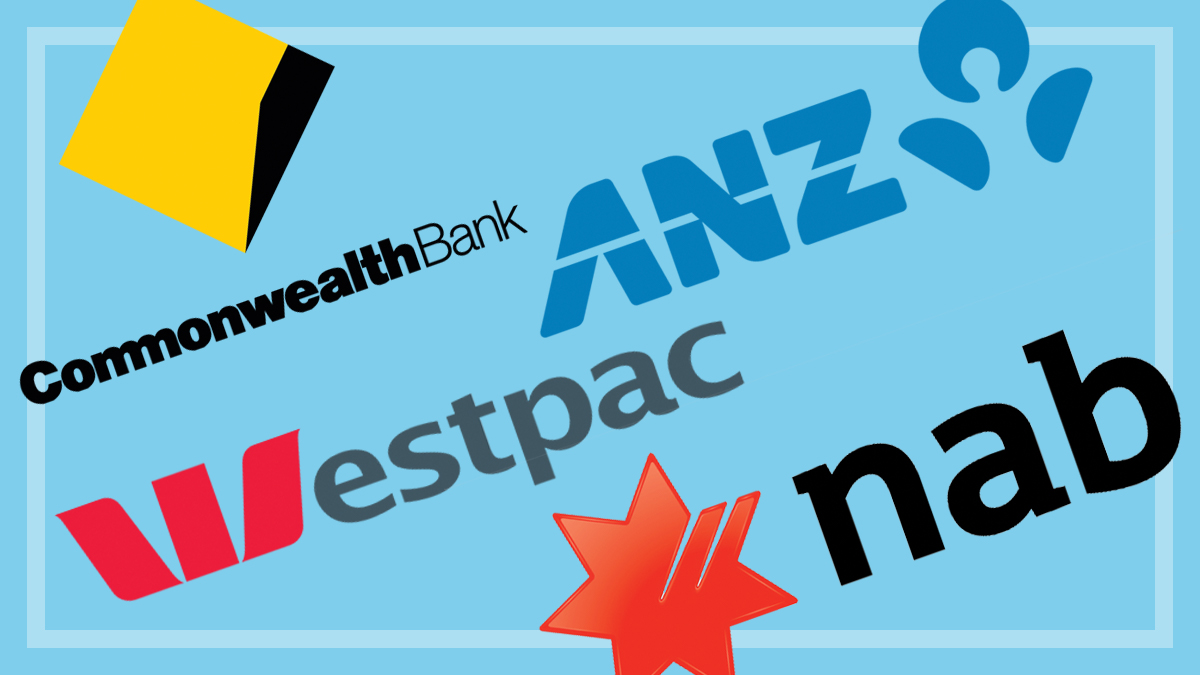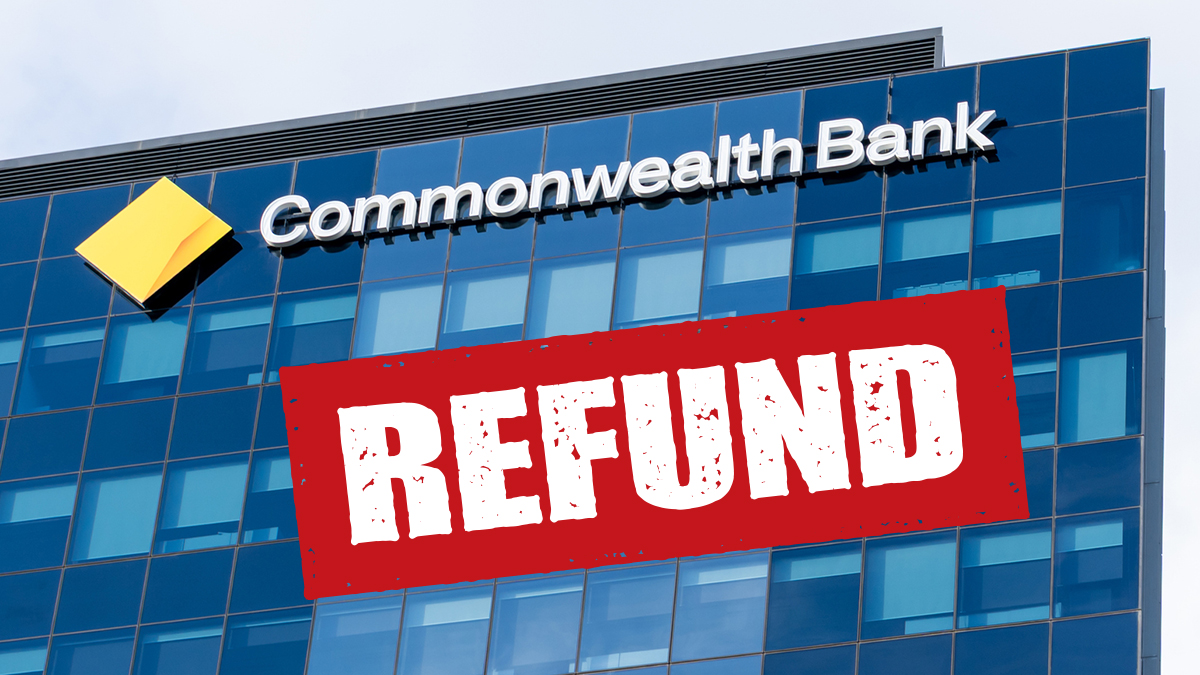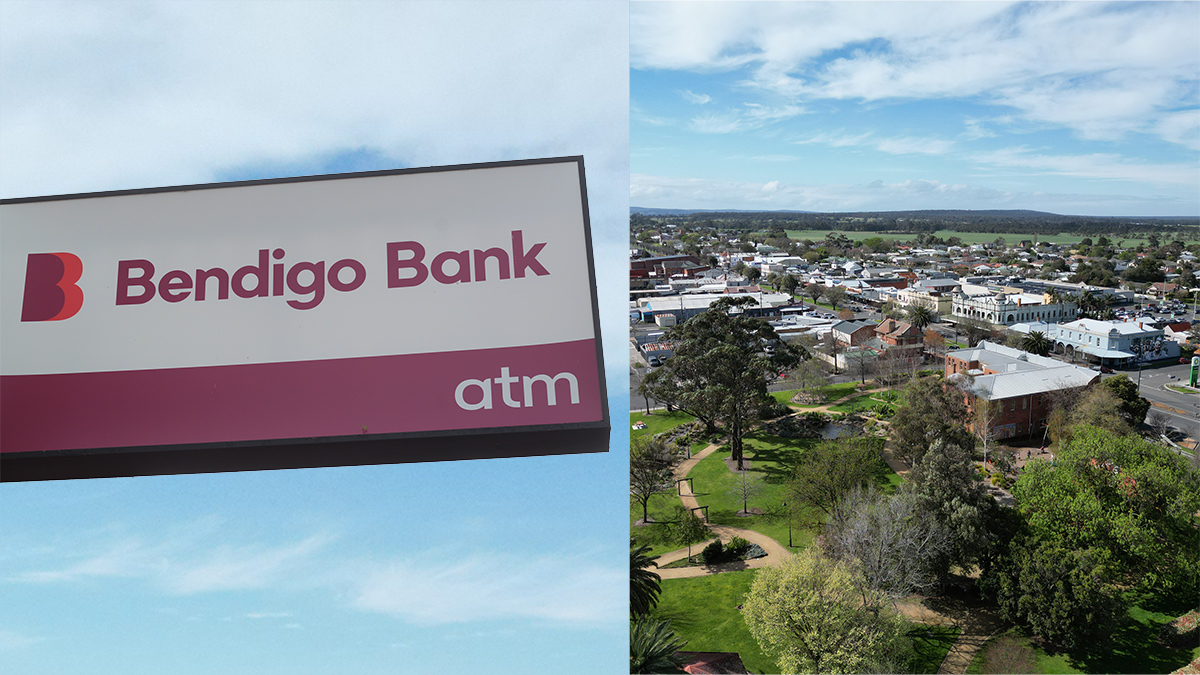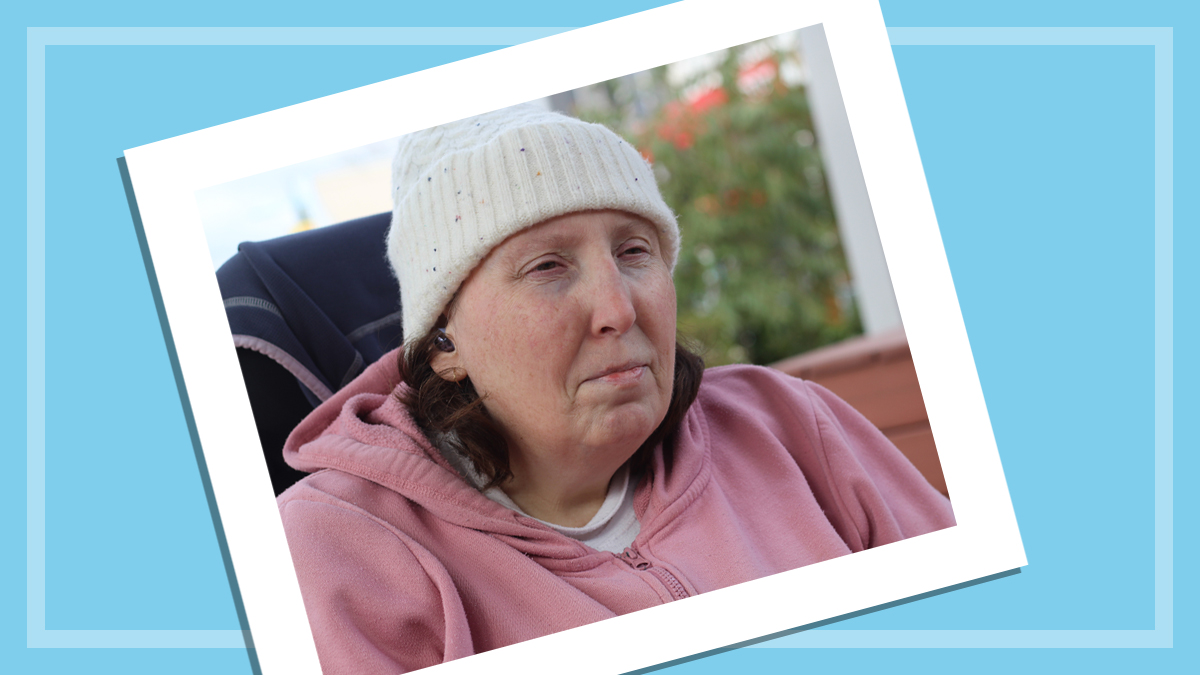Get our independent lab tests, expert reviews and honest advice.
Banks get low marks on CHOICE COVID-19 banking scorecard

Need to know
- CHOICE put the big four banks' COVID-19 relief programs to the test and found them wanting in many respects
- As our banking scorecard shows, only Westpac and NAB got a passing grade – and just barely
- On the key issue of pausing not only loan repayments but also the interest on those repayments, the industry as a whole failed miserably
Australia’s big four banks have made a big show of doing the right thing by hard-pressed customers while the COVID-19 crisis tore through the economy in recent months.
But a panel of CHOICE banking experts have reviewed the banks’ relief programs and found plenty of room for improvement.
With many people out of work and unable to repay their loans, banks announced in March this year that they would suspend payments for people whose incomes had disappeared.
It was a welcome move that made the banks look good, but in truth it was the least they could do.
After the various scandals of the banking royal commission tarnished it from top to bottom, the banking sector vowed to win back the trust of the community.
While their marketing teams have been quick to tell the community how they’re helping, our analysis has found a lot left to be desired in their COVID-19 responses
CHOICE CEO Alan Kirkland
It appears to have viewed the current pandemic as the perfect opportunity to do just that.
But questions remain: are the COVID-19 relief measures more marketing hype than actual long-term help, and is the toxic banking culture that gave rise to the misdeeds aired at the royal commission really committed to change?
Or is it the same old song and dance?
“With many people struggling to manage their finances after a drop in income, the big four banks need to do a lot more,” says CHOICE CEO Alan Kirkland.
“While their marketing teams have been quick to tell the community how they’re helping, our analysis has found a lot left to be desired in their COVID-19 responses.”
Holding banks to account
To put them to the test, a team of CHOICE banking experts undertook a review of the big four banks’ COVID-19 assistance packages and scored them according to how much help they actually offered.
We also met with the banks to discuss what we thought they should do to make their relief efforts really ring true.
We let them know we’d be assembling a scorecard revealing the strengths and weaknesses of their assistance packages and publishing it in a major newspaper.
Many bankers seemed to listen with interest.
Then we reached out to CHOICE supporters and crowdfunded an ad, published in the Australian Financial Review today.
The results speak for themselves.
Westpac – CHOICE fairness score 59%
NAB – CHOICE fairness score 53%
Commonwealth Bank – CHOICE fairness score 47%
ANZ – CHOICE fairness score 46%
Where did the banks fall short?
One of the key asks of our COVID-19 banking campaign was that banks not only pause loan repayments but also pause interest on those repayments.
Otherwise, the interest continues to accrue and add to the amount the borrower has to pay in the long run. In other words, bank customers end up paying more when repayments are put on hold, not less.
The Australian Banking Association – the industry body representing the interests of the big four and other major banks – has gone on record to say that putting interest on hold will not be official policy.
In a rare example of industry leadership, Westpac deserves to be applauded for its decision not to charge interest on personal loans and credit cards for people who have had repayments paused
CHOICE CEO Alan Kirkland
In the end, none of the big four are doing a particularly good job of helping their customers get back on their financial feet.
“ANZ came last in the CHOICE COVID Fairness Scorecard. In particular, CHOICE experts found ANZ continued to take advantage of credit card customers with outrageously high interest rates,” says Kirkland.
“Commonwealth Bank also failed in the CHOICE COVID Fairness Scorecard,” he says. “In particular, its decision to switch all mortgage customers to minimum repayments without their consent deserves to be called out. This careless decision means many people, irrespective of whether they are in hardship, will pay more interest over a longer time. Customers should have been given a choice.”
“Westpac and NAB just scraped through with a pass, with many areas for improvement. Despite landing the top spot, Westpac has the most expensive credit card on the market, at the eye-watering rate of 20.49%, while NAB’s supposed low-rate card comes with a 12.99% interest rate.”
Westpac is the only one of the big four banks that deferred both repayments and interest for credit card and personal loans, one of the main reasons the bank came out on top in our ranking.
“In a rare example of industry leadership, Westpac deserves to be applauded for its decision not to charge interest on personal loans and credit cards for people who have had repayments paused. This means that their debts won’t keep growing while they are getting their finances back on track,” says Kirkland.
How can the banks improve their scores?
The biggest issue for many bank customers is the short-term nature of the help on offer. The loan repayment relief timeframe is quickly running its course, and where will that leave bank customers who’ll still be as financially strapped as they were when the pandemic first set in?
Earlier this year, we came up with a plan to help the banks do better by their customers in this time of crisis, but many of the measures haven’t been taken up.
We’re calling on the banks to treat their customers more fairly during the COVID-19 crisis by adopting the following measures:
- Refund interest accrued on deferred loans for all people in financial hardship.
- Cut exorbitant interest rates on credit cards to reflect the historically low cash-rate environment.
- End the sale of harmful balance transfer credit cards.
- Waive debts for people with long-term debts.
How did CHOICE rank the banks?
We went through each of the major banks’ COVID-19 policies on their websites and wrote to each bank to learn more about the work they’re doing to assist customers. We also met with them to discuss their COVID-19 measures and provided them with an opportunity to improve their ranking.
The banks’ rankings are comprised of four metrics:
COVID-19 payment pause score
We looked at the range of hardship policies available to consumers. In particular, we looked whether the banks offered payment pauses for people in hardship that did not capitalise interest on a range of credit products, including mortgages, credit cards and personal loans.
Fair credit card score
We reviewed each bank’s range of credit card offerings – the range of cards offered on the market, interest rates offered by each card, and key features on each card, such as balance transfer rates. CHOICE experts also reviewed whether there has been any decrease in interest rates in response to the COVID-19 crisis.
Proactive hardship assistance score
We reviewed each bank’s efforts to proactively identify and assist consumers with long-term debt. Our experts examined whether the bank has an existing program to assist people running high debts. We also looked at commitments the banks have made to waive debt for people in long-term financial hardship.
Royal commission score
We reviewed each bank’s public position on the passage of the royal commission reforms and looked for evidence of a re-commitment to the reforms from each bank. CHOICE sees these reforms and their protections for bank customers as crucial to a successful post-pandemic economic recovery.





